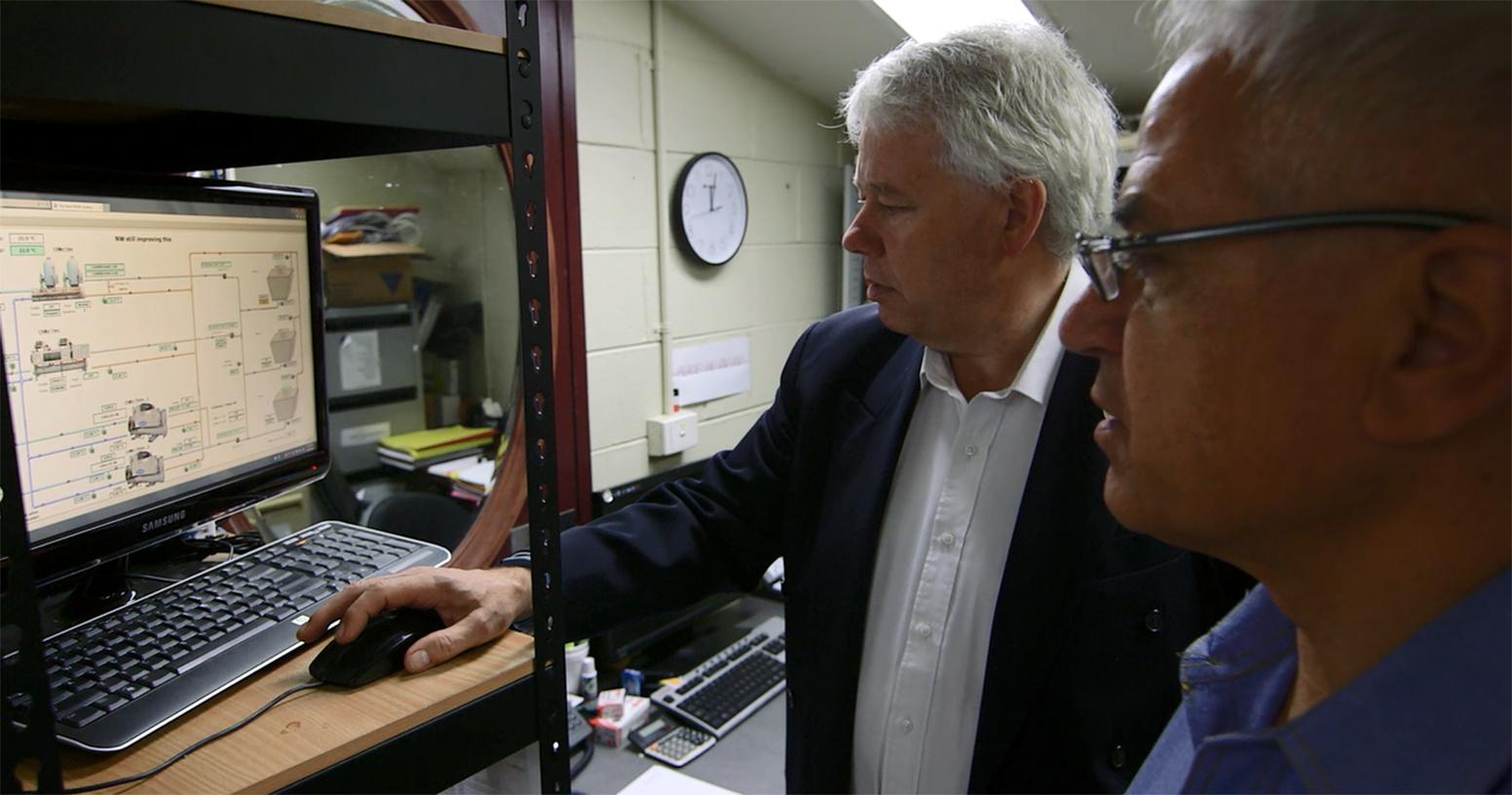Heating, ventilation and air conditioning (HVAC) guide

-
-
- About clean technology innovation
- CSIRO Data Clearing House
- Clean technology innovation grants
- Ecosystem grants FAQs
- Hysata’s electrolyser technology puts Australia at the forefront of the green energy revolution
- The Melt’s hardware accelerator and pilot enabler programs
- The product development lifecycle
- UoW Clean Energy Living Laboratory is set to be Australia's first mixed-use, precinct-based microgrid
- Business equipment upgrades
- Low emissions specifications
- NSW skills for net zero
- Industrial decarbonisation plans for the Hunter and Illawarra
-
- EV public charging master plan
-
- Destination charging grants FAQs
- Electric vehicle destinations charging grants: previous round information
- Eligible EV charger and software list
- Future proofing business: motel's EV success
- How hosting an EV charger can benefit your business
- How to make your town a preferred charging stop for EV drivers
- Mingara Recreation Club
- Net zero buildings
- Pumped hydro grants
-
-
-
- Battery storage guide
- Circular design guidelines for the built environment
- Compressed air guide
- Electricity metering and monitoring guide
- Energy efficient lighting guide
- Gas measurement and monitoring guide
- HVAC guide
- Industrial refrigeration guide
- Net Zero Business Guide
- Renewable energy guides for farmers
- Voltage optimisation guide
-
- NSW innovation that is wow
- Grant’s business got a head start with new energy efficient refrigerators
- AGL steering towards an electric future
- Advancing hydrogen storage technology
- An holistic approach to sustainability
- Collaboration is key to Port Authority’s prize-winning plan for net zero
- Driving sustainability: how STARTTS is transitioning to an EV fleet
- High impact partnership
- Second life solar
- Port of Newcastle fleet heading all electric
- Tridon Australia cutting manufacturing energy costs
On this page
Heating, ventilation and air-conditioning (HVAC) are major contributors to a business’s energy use and operating costs.
HVAC optimisation looks for the best ways of using existing systems, rather than opting for large-scale equipment upgrades and replacements.
Optimisation can be done by:
- changing algorithms
- altering control schedules and set points
- carrying out minor mechanical repairs and alterations.
This guide outlines 20 HVAC optimisation strategies and how they can be applied to most commercial systems in older and modern buildings.
For a simple summary of the technology:
HVAC optimisation will reduce your energy bills
By taking action you could save up to 50% of your total HVAC energy use, or up to 80% of energy use in individual HVAC systems. In many instances, optimisation can provide immediate reductions in energy usage and costs.
Other benefits can include:
- more comfort for a building’s occupants
- improved reliability of systems
- reduced maintenance costs
- improved building performance, as recognised in rating schemes such as National Australian Built Environment Rating System (NABERS) and Green Star.